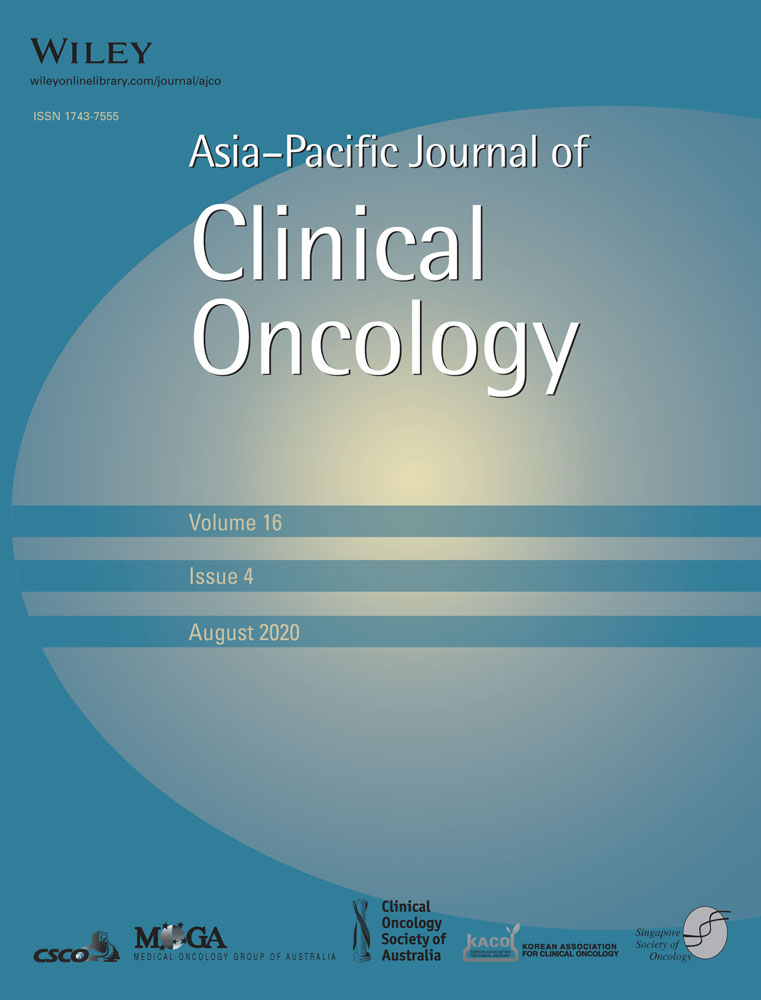Preventive effect of daikenchuto, a traditional Japanese herbal medicine, on onset of ileus after gynecological surgery for malignant tumors
Abstract
Background
Postoperative ileus is a major complication of abdominal surgical procedures. The purpose of this study was to investigate preventive effect of daikenchuto (DKT) on onset of ileus in patients who received gynecological surgery for malignant tumors.
Methods
A total of 904 patients who received gynecological surgery for malignant tumors by opening retroperitoneum along with retroperitoneal lymph node dissection during a period between 2004 and 2018 were included in this retrospective study. The retroperitoneum was not sutured in all patients. Comparisons were made for proportion of patients developing ileus (frequency of postoperative ileus onset), timing of ileus onset, and treatment types for ileus among following three groups: a group treated with enema or laxatives to release gas if they did not pass the intestinal gas for 3 days postoperatively (Group A, n = 152); a group treated with adhesion-inhibitory absorptive barrier at the opening to the retroperitoneum (Group B, n = 188); and a group treated with adhesion-inhibitory absorptive barrier and oral intake of DKT 7.5 g per day (Group C, n = 564).
Results
The frequency of ileus onset significantly decreased in both Groups B (4.8%) and C (3.5%) compared to Group A (16.4%). Furthermore, the frequency of ileus onset was significantly less in Group C compared to Group B. For the treatment types, frequency of ileus, which was successfully treated only with conservative therapy, was the same for Groups B and C. However, incidence of serious ileus that required surgery decreased by 45% in Group C (2/564) compared to Groups A (2/152) and B (3/188).
Conclusions
Results suggest that DKT prevents development of serious ileus after gynecological surgery for malignant tumors and therefore contributes to improvement in patients’ QOL.
CONFLICT OF INTEREST
The authors declare that there is no conflict of interest that could be perceived as prejudicing the impartiality of the research reported.




